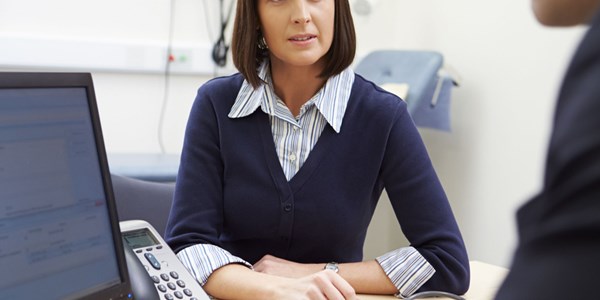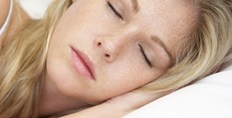Healthy Living
Later menopause 'increases risk of breast cancer'─── 12:30 Tue, 29 Sep 2015

Scientists have warned women about the higher risk of breast cancer they face if they go through menopause later in life.
Following research that found postmenopausal women need to do more exercise to ward off breast cancer, a new study has found women who go through the change later are more likely to be diagnosed with the disease.
Scientists from 177 universities, institutions and hospitals examined the DNA of almost 70,000 European women. Researchers found for each year after a woman turns 50 and is premenopausal, her risk of breast cancer rises by six per cent. They believe the delay increases how long a woman is in contact with oestrogen. This sex hormone has been known to fuel tumours, making it a big health factor.
The study was helmed by Cambridge and Exeter University experts, who warned older females yet to start the menopause need to be extra careful in checking for early warning signs of breast cancer.
During their study, scientists found 44 genes that determined when ladies' menopauses start. While many of the genes repaired damaged DNA in the eggs, it was found a faulty gene could lead to eggs perishing. This would result in an earlier onset of the menopause.
This means the research also affects younger women, as it could see a new test to indicate when they will go through the menopause. It would allow couples who want children to know when to start trying by.
With more examination of the genes, drugs could be created to help protect the eggs and prevent women going through the early menopause.
"If you have a late menopause, it might help to know about this slightly increased risk of breast cancer and help you keep on top of it," Dr Anna Murray of the University of Exeter explained of the findings, published in the journal Nature Genetics.
Dr Edward Morris, of the Royal College of Obstetricians and Gynaecologists, added that these results are "reassuring".
© Cover Media













